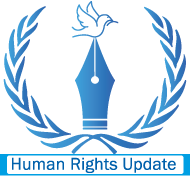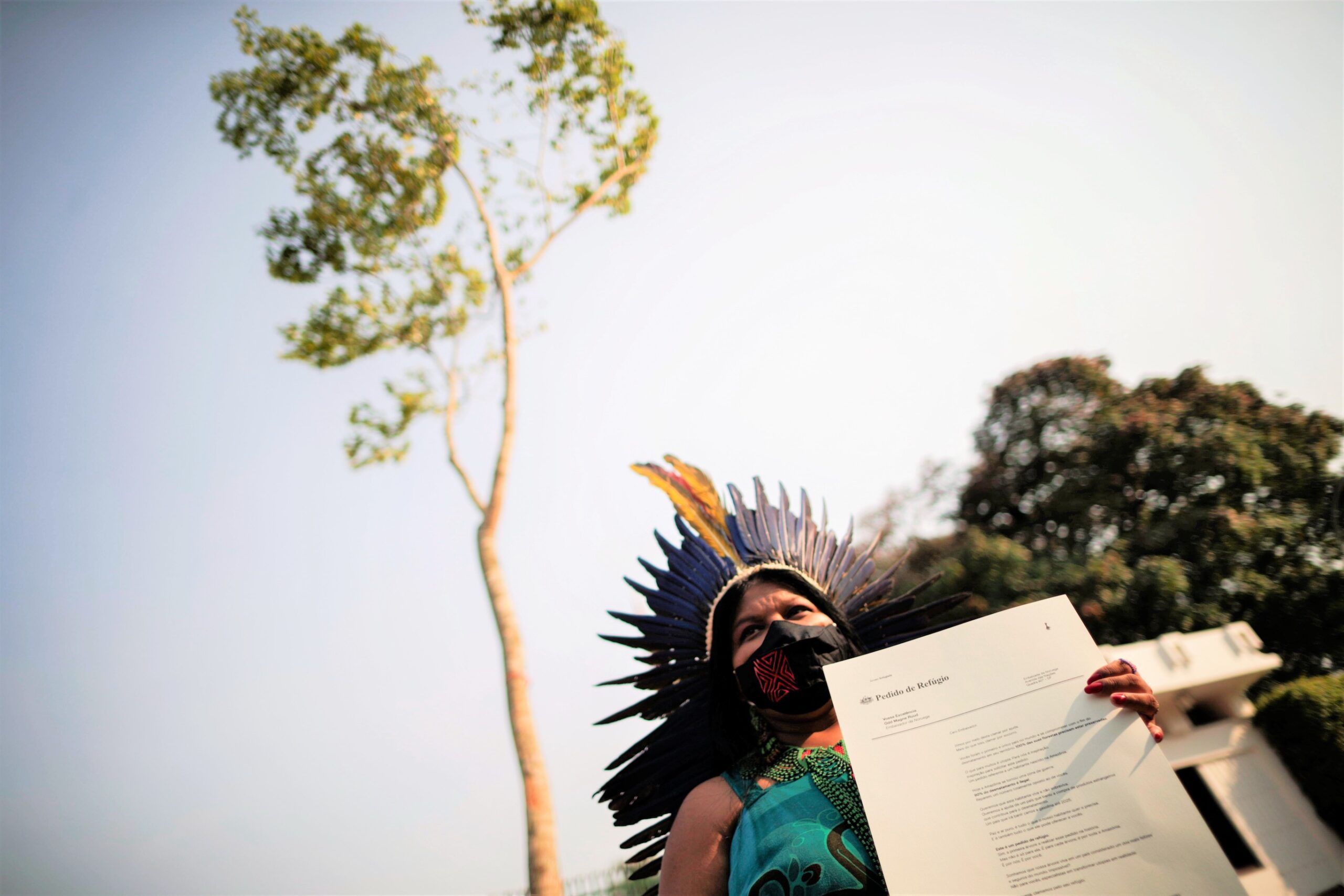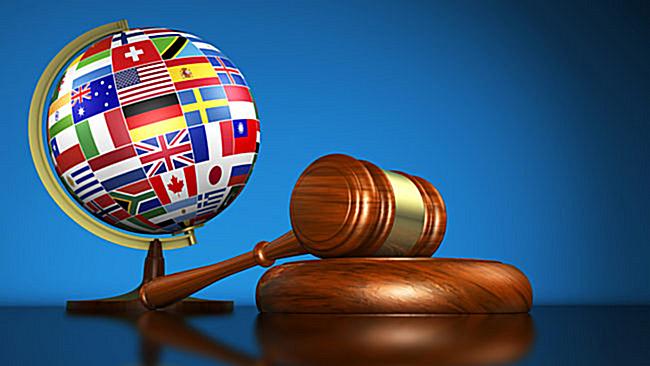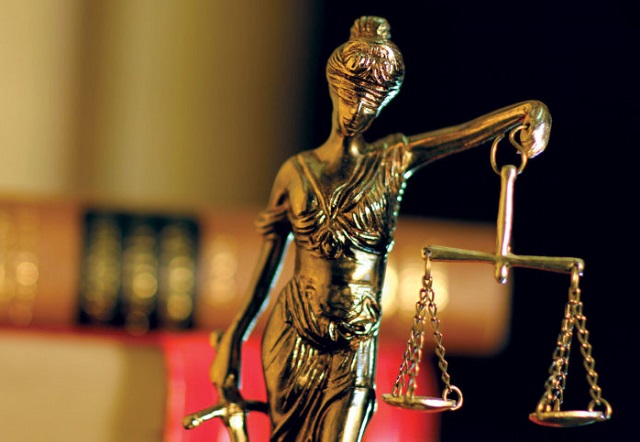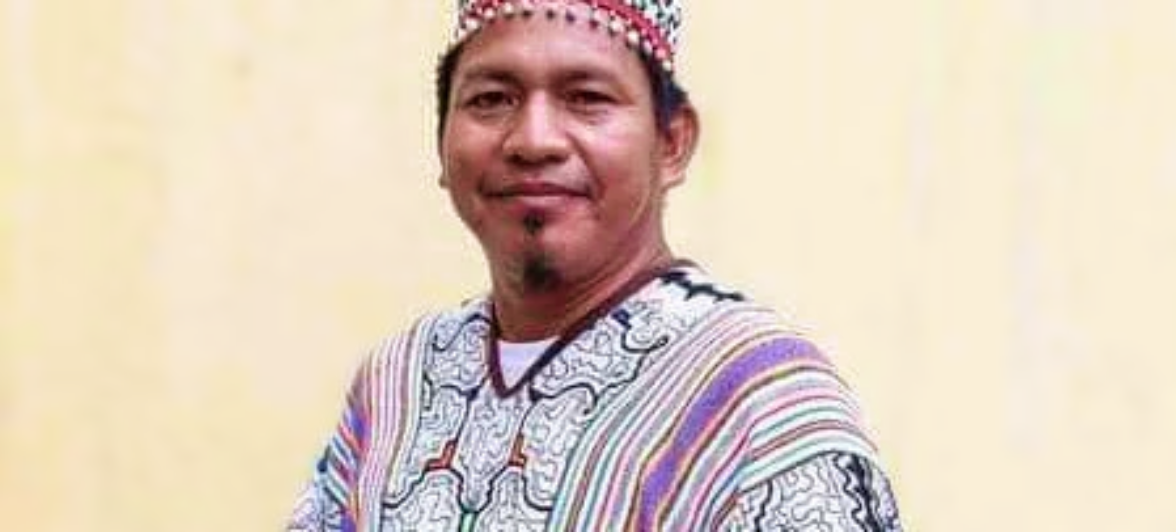In Sri Lanka, concerns over human rights violations continue to persist, demanding immediate attention from both the government and the international community. Despite progress made in recent years, numerous challenges remain, highlighting the need for sustained efforts to address these issues and ensure the protection of human rights for all individuals in the country.
Restrictions on Freedom of Expression:
Sri Lanka has seen ongoing restrictions on freedom of expression, with reports of harassment, intimidation, and violence targeting journalists, activists, and individuals expressing dissenting opinions. Such constraints undermine the principles of democracy and impede the free flow of information vital for an informed society.
Reconciliation and Accountability:
The nation faces the task of achieving comprehensive reconciliation and accountability for human rights violations committed during the country’s civil war, which ended in 2009. It is essential to address the grievances of affected communities, ensure justice for victims, and promote a genuine process of healing and reconciliation.
Enforced Disappearances and Missing Persons:
The issue of enforced disappearances and missing persons remains a major concern in Sri Lanka. Families affected by disappearances continue to face immense pain and uncertainty. Establishing truth, conducting thorough investigations, and providing support to affected families are crucial steps towards addressing this pressing human rights issue.
Protection of Minority Rights:
The protection of minority rights, including those of ethnic and religious minorities, is vital for fostering an inclusive and harmonious society. Sri Lanka should work towards dismantling discriminatory practices, ensuring equal treatment, and promoting cultural understanding and tolerance among diverse communities.
Women’s Rights and Gender-Based Violence:
Gender equality remains a challenge in Sri Lanka, with instances of gender-based violence, domestic abuse, and discrimination persisting. Efforts must be intensified to strengthen legal protections, enhance support services for survivors, and promote gender equality in all aspects of society.
International Engagement:
The international community plays a crucial role in supporting Sri Lanka’s journey towards a stronger human rights framework. Encouraging dialogue, providing technical assistance, and promoting best practices can aid in addressing human rights concerns effectively.
Conclusion:
Addressing the human rights situation in Sri Lanka requires a multi-faceted approach involving collaboration between the government, civil society, and the international community. Sri Lanka must prioritize efforts to protect freedom of expression, promote reconciliation and accountability, address enforced disappearances, protect minority rights, combat gender-based violence, and foster an inclusive society. By working together and taking concrete actions, Sri Lanka can strive towards a future where human rights are fully respected, protected, and upheld for all its citizens.
